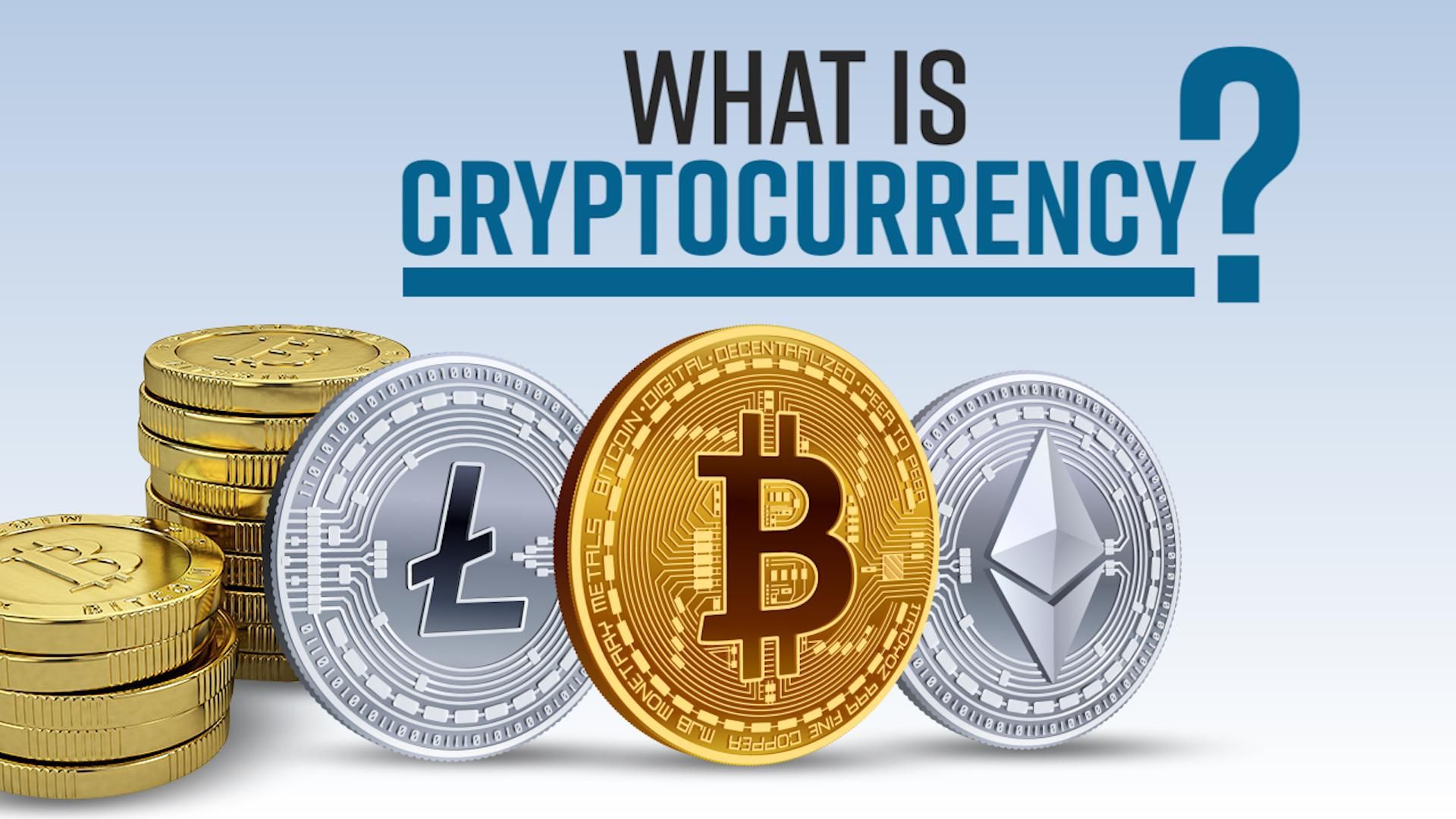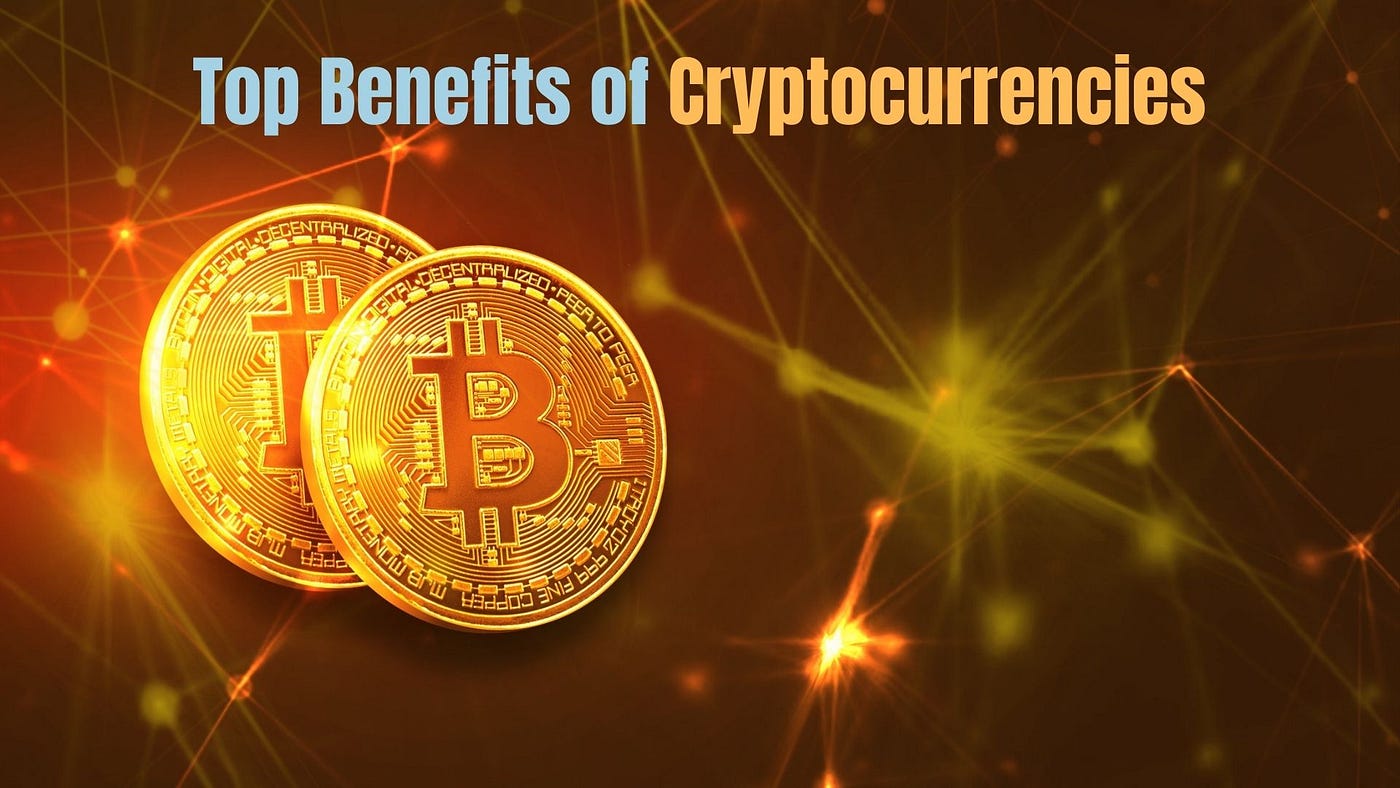"Unlocking the Power of Cryptocurrency: A Beginner's Guide"
Cryptocurrency, also known as digital or virtual currency, is a decentralized digital medium of exchange that uses cryptography to secure and verify transactions. It's based on a decentralized technology called blockchain, which records transactions across a network of computers.

Cryptocurrency transactions are secure and irreversible, reducing the risk of fraud and identity theft.
Cryptocurrency operates independently of central banks and governments, giving users more control over their money.
Transactions are fast and global, with no borders or time zones to worry about.
Transaction fees are significantly lower compared to traditional payment systems.

The first and most well-known cryptocurrency, launched in 2009.
- Ethereum (ETH):
A decentralized platform for building smart contracts and decentralized applications (dApps).
A peer-to-peer cryptocurrency with faster transaction processing times.
Alternative cryptocurrencies with unique features and uses.
Cryptocurrency prices can fluctuate rapidly and unpredictably.
Governments and institutions are still figuring out how to regulate cryptocurrency.
Hackers and scammers target cryptocurrency exchanges and wallets.
More businesses and individuals are using cryptocurrency for transactions and investment.
New applications and technologies are emerging, such as decentralized finance (DeFi) and non-fungible tokens (NFTs).
Cryptocurrency is becoming more widely accepted as a form of payment.
Cryptocurrency has the potential to revolutionize the way we think about money and financial transactions. While there are risks and challenges, the benefits and future of crypto make it an exciting and rapidly evolving field to explore.
cryptocurrency, blockchain, Bitcoin, Ethereum, Litecoin, altcoins, decentralized finance, non-fungible tokens, digital currency, virtual currency.
In the realm of technology and virtual reality, the concept of the Metaverse has captured the imagination of both enthusiasts and industry leaders alike. As we embark on this journey into a digital universe of interconnected virtual worlds, it's essential to understand the opportunities and challenges that the Metaverse presents. Let's delve into what the Metaverse is, how it's evolving, and its potential impact on various aspects of our lives.
The Metaverse refers to a collective virtual shared space, created by the convergence of digital environments, augmented reality (AR), virtual reality (VR), and the internet. It offers immersive, interactive experiences where users can socialize, work, play, and create in virtual worlds that simulate the real world or transcend its limitations.
Social Interaction and Entertainment: The Metaverse promises to revolutionize how we connect and interact with others in digital spaces. From virtual meetups and concerts to immersive gaming experiences and virtual communities, the Metaverse fosters social engagement on a global scale, transcending geographical boundaries and physical limitations.
E-Commerce and Virtual Marketplaces: With the rise of virtual goods and digital assets, the Metaverse presents new opportunities for e-commerce and virtual marketplaces. From virtual real estate and digital collectibles to branded merchandise and virtual fashion, businesses can capitalize on the growing demand for virtual products and experiences within the Metaverse.
Remote Work and Collaboration: The Metaverse has the potential to transform remote work and collaboration by offering virtual office spaces, meeting rooms, and collaborative environments. With VR-enabled telepresence and virtual collaboration tools, teams can collaborate seamlessly across distances, fostering productivity and creativity in a virtual workspace.
Privacy and Security: As users immerse themselves in virtual worlds within the Metaverse, concerns about privacy, data security, and digital identity become paramount. Safeguarding personal information, preventing cyberattacks, and ensuring user safety in virtual environments are critical challenges that must be addressed to foster trust and adoption.
Digital Divide and Accessibility: While the Metaverse holds promise for connectivity and inclusivity, there's a risk of widening the digital divide between those who have access to immersive technologies and those who don't. Bridging this gap and ensuring accessibility for all users, regardless of socioeconomic status or technological proficiency, is essential for building a truly inclusive Metaverse.
Regulatory and Ethical Considerations: As the Metaverse blurs the boundaries between the physical and digital worlds, regulatory frameworks and ethical guidelines must evolve to address emerging challenges related to virtual property rights, digital ownership, intellectual property, and online governance. Balancing innovation with consumer protection and societal values will be crucial in shaping the future of the Metaverse.
As we embark on this journey into the Metaverse, it's essential to approach its development with a balance of innovation, responsibility, and inclusivity. By harnessing the transformative potential of the Metaverse while addressing its challenges and considerations, we can create a vibrant digital ecosystem that enriches lives, fosters creativity, and unlocks new opportunities for connection and collaboration in the digital age.
Get all the top stories from Blogs to keep track.

